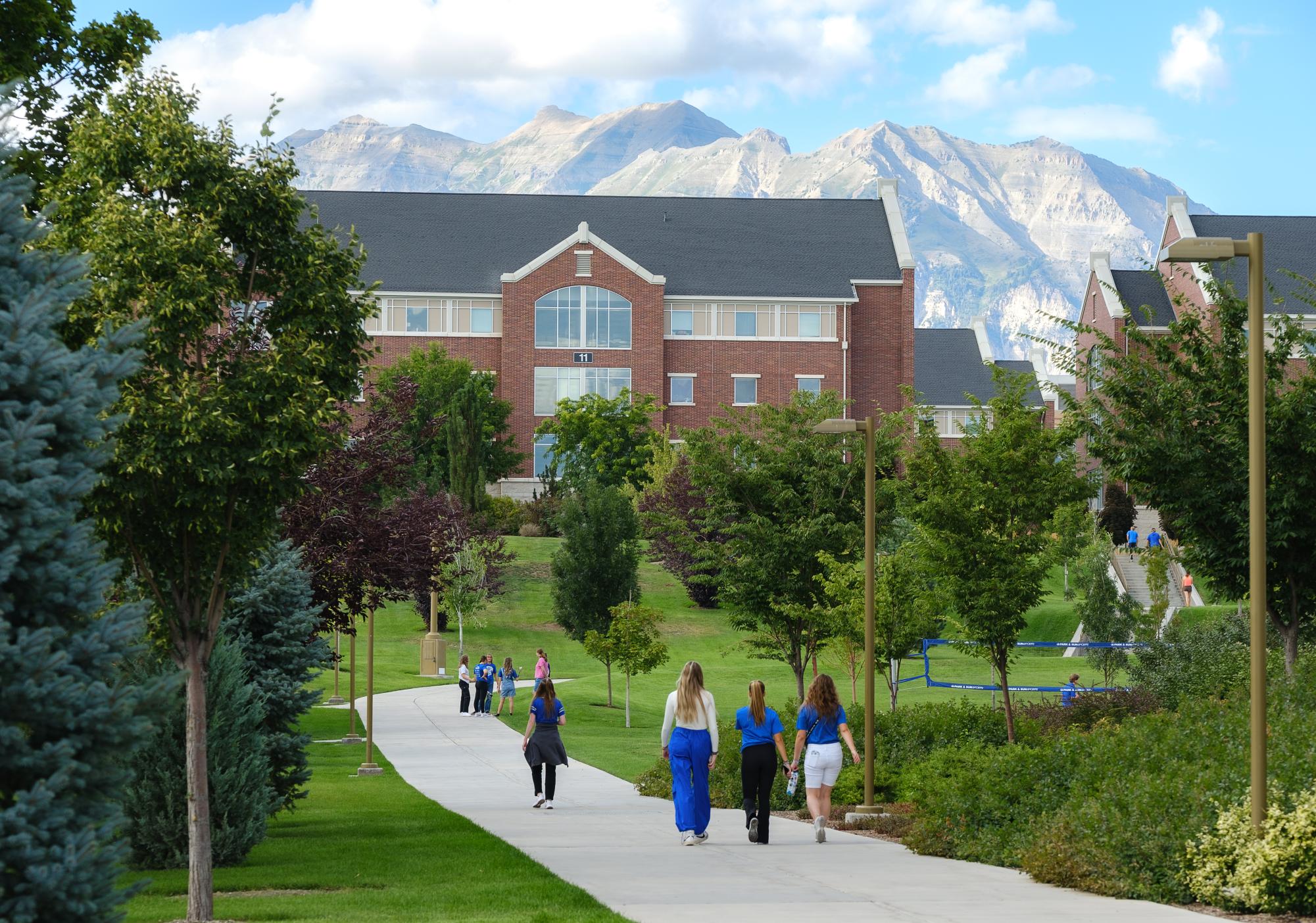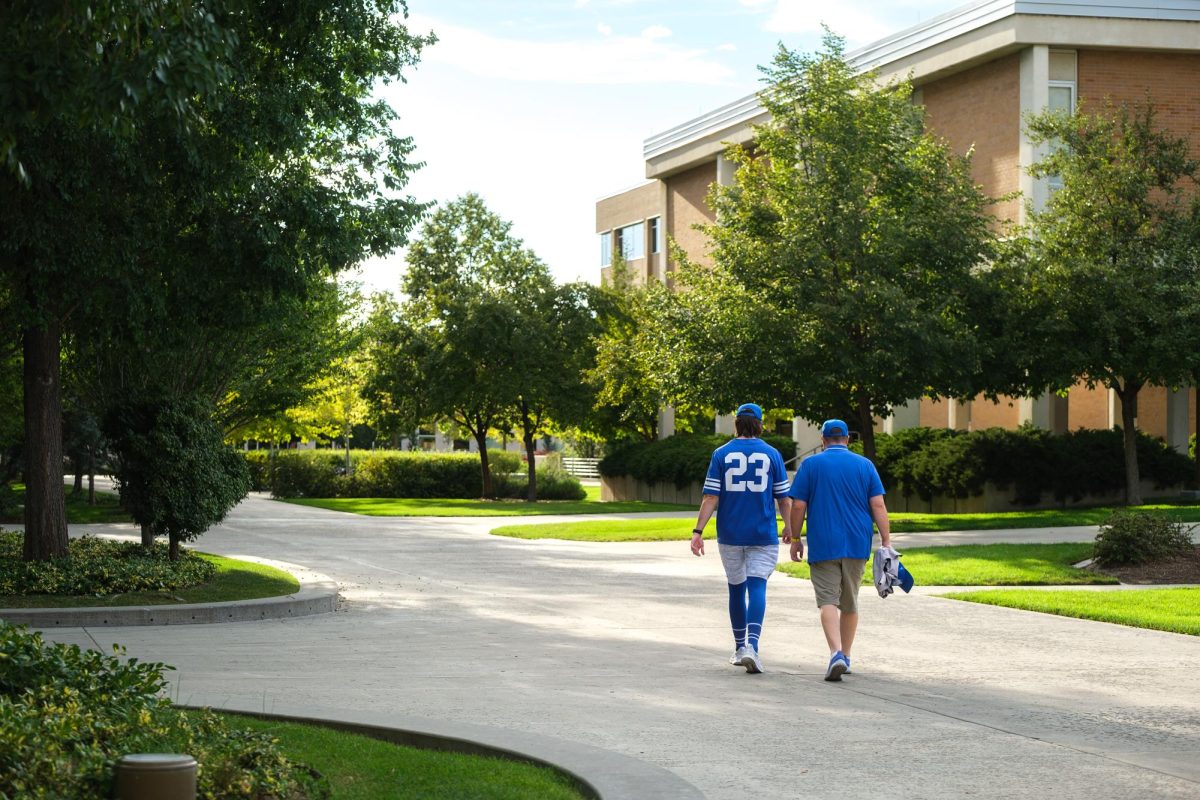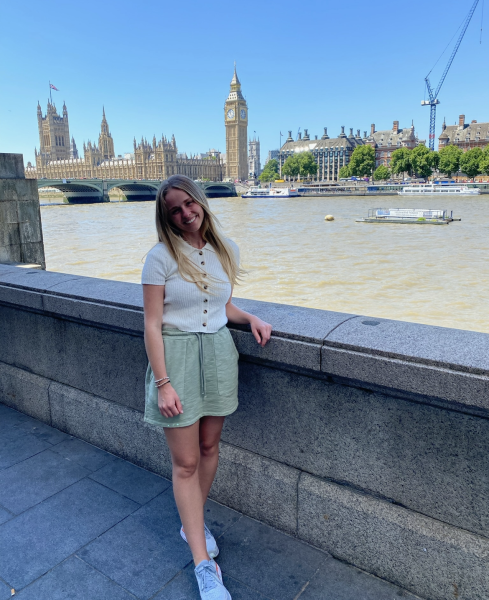The Church of Jesus Christ of Latter-day Saints updated the Honor Code, Student Ecclesiastical Endorsements, and Dress and Grooming Standards at all Church Educational System institutions on Thursday, Aug. 24. These updates were made to unify student expectations and standards across all campuses, most notably at Brigham Young University in Provo.
In addition to updates regarding LGBTQ+ romantic behavior, the dress code now allows shorts to be worn, and beards are still not allowed. There is also a new list of twelve questions students will be asked before they can receive their ecclesiastical endorsement — a written statement signifying good standing with the church.
According to statement from the LDS newsroom, “The changes are designed to help students grow closer to Jesus Christ and strengthen the overall student experience.”
Despite the statement noting student input “was significant in developing and refining these updates,” many students have been left confused about some of these changes.
“Going through the language now versus the old one, it feels like nothing changed,” said Gavin Spencer, a sophomore at Brigham Young University. “It’s choosing a lot of buzzwords. So, a lot of, ‘Well it’s principle-based now.’ What does principle-based look like?”
One addition to the Honor Code concerning LGBTQ+ romantic behavior is a particular point of confusion and hurt for many students.
“Living a chaste and virtuous life also includes abstaining from same-sex romantic behavior,” the Honor Code now states.
This addition came as a shock for LGBTQ+ students who, three years ago, celebrated the deletion of such language from the Honor Code.
“When the Honor Code got rid of LGBTQ specific language, everyone said, ‘Oh, it must be acceptable,’” said a BYU student who preferred to stay anonymous. “But then the Honor Code office came out and said, ‘No, it still isn’t and we just got rid of that language.’ That change was a blow for a lot of people.”
Church leadership clarified that “there are no changes to the LGBTQ policies,” and that same-sex romantic behavior “will be handled on a case-by-case basis to help each student feel the love of the Savior.”

Despite this statement, Gracee Purcell, president of the RaYnbow Collective – an organization in Provo designed to help queer BYU students feel included and thrive – doesn’t think it’s enough.
“I think it’s just another way of them saying, ‘Yeah, you don’t belong,’” Purcell said. “It’s just reaffirming what we already knew over and over, but now that it’s in writing it cuts a little deeper.”
Some members of the church and community wonder why students who feel unwelcome don’t just transfer to a different school.
In response, Purcell explained that LGBTQ+ students shouldn’t be forced to choose. She thinks that if BYU is the right school for them, queer students should be welcomed, not pushed out.
“When someone says you could just choose another thing, they are essentially showing them the door,” Purcell said. “Why are we so quick to show people the door? Why can’t we invite them in instead of shut them out?”
Purcell wants all current and incoming students to know they are welcomed and loved at BYU.
“There is a space for you,” she said. “You are seen, you are valued, you are loved. There’s a huge network in progress, especially that we’ve built up specifically for you to thrive and not merely survive at BYU.”





cindy wood • Sep 11, 2023 at 7:44 am
My students were unwelcomed at BYU simply because they have a Utah County Zip code. Had great GPA and ACT scores. Not accepted at BYU. It is hard to be aa tithing paying member of a church who doesn’t give your student equal opportunity just because of where they live.